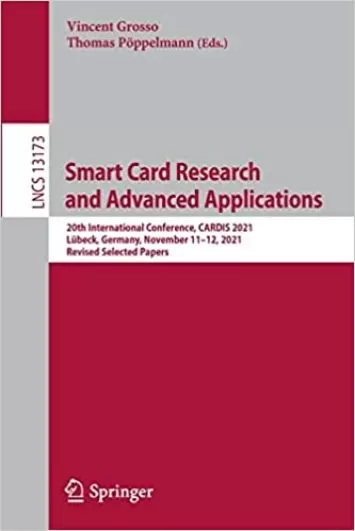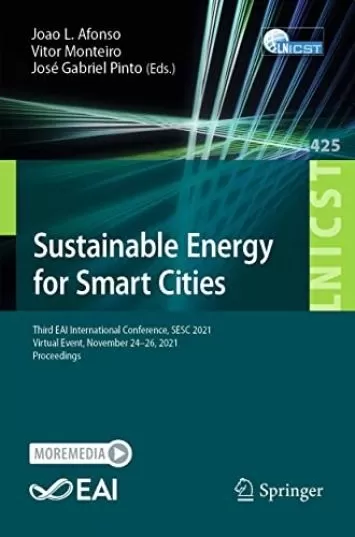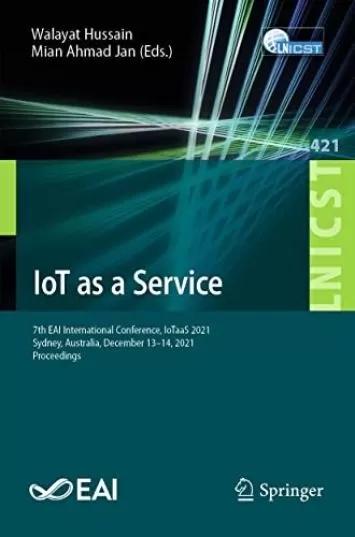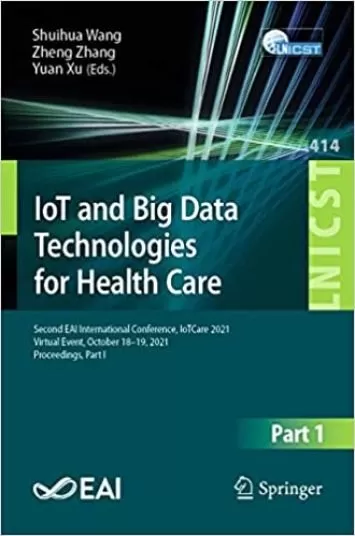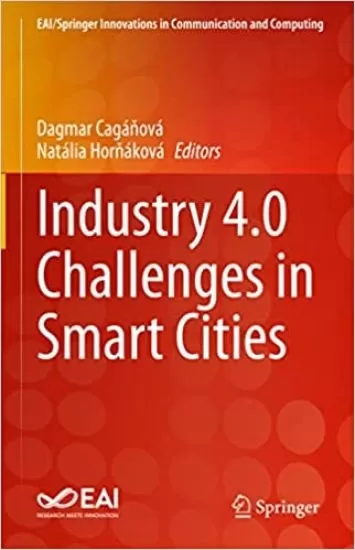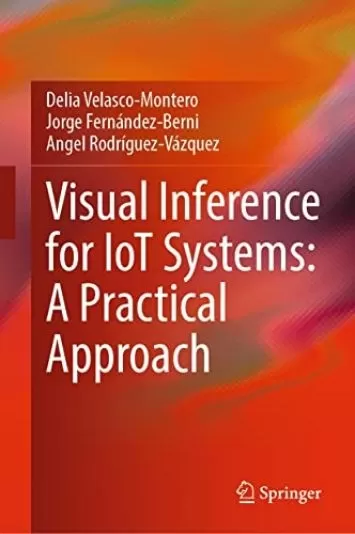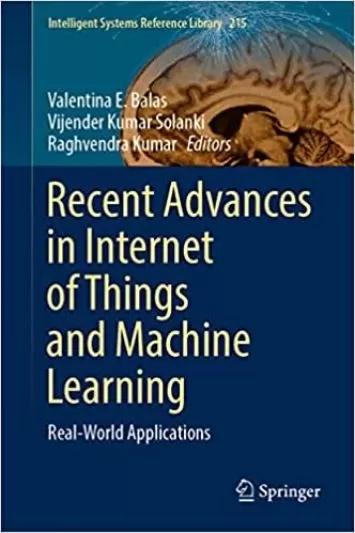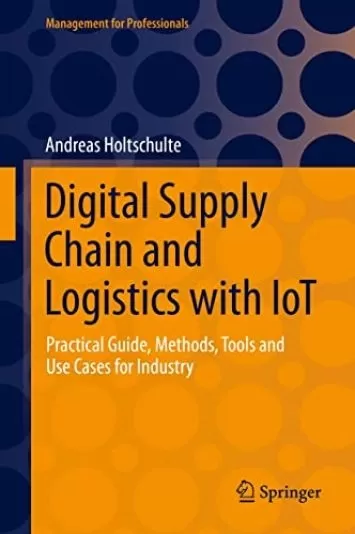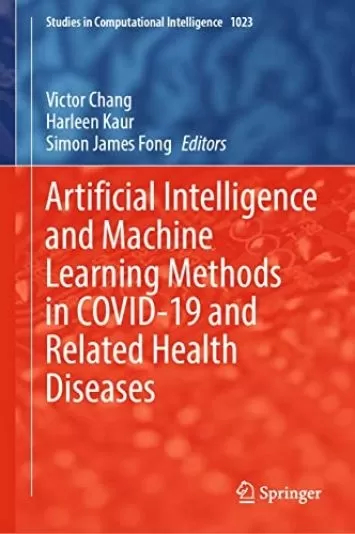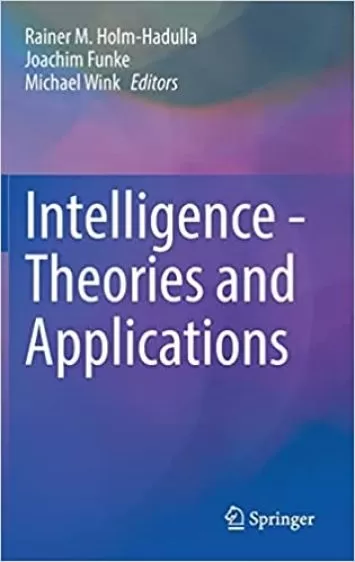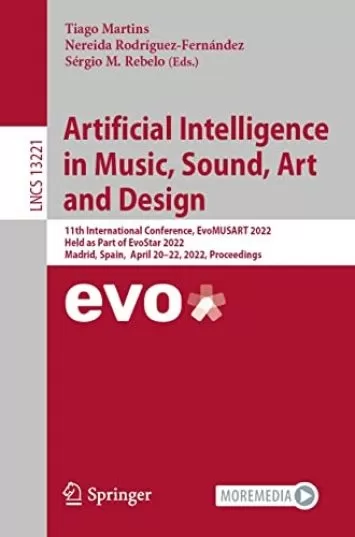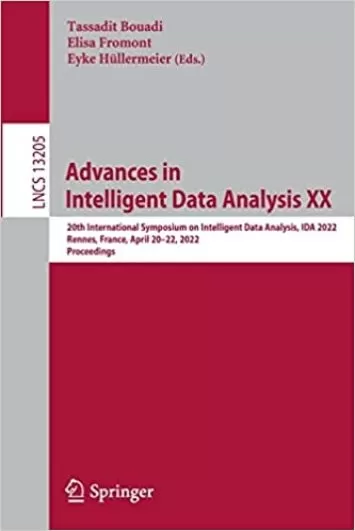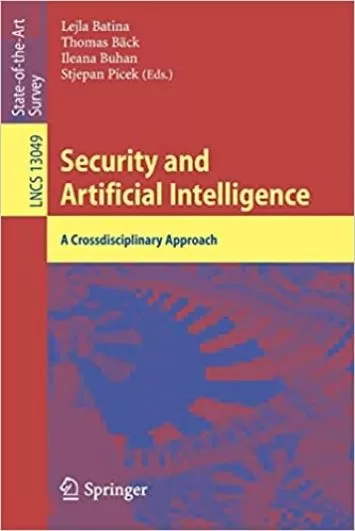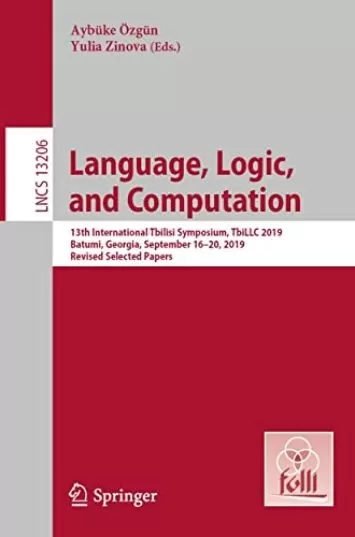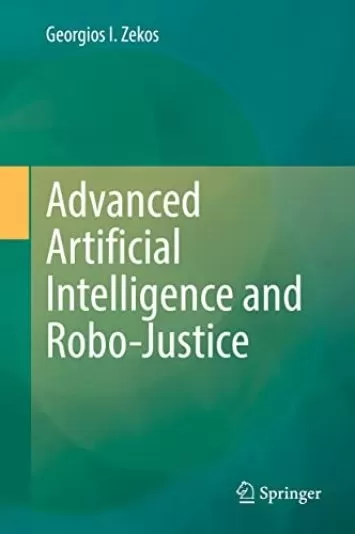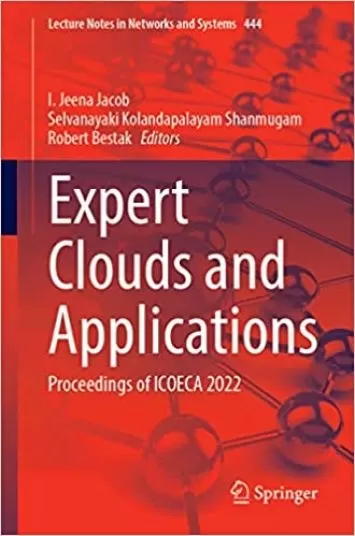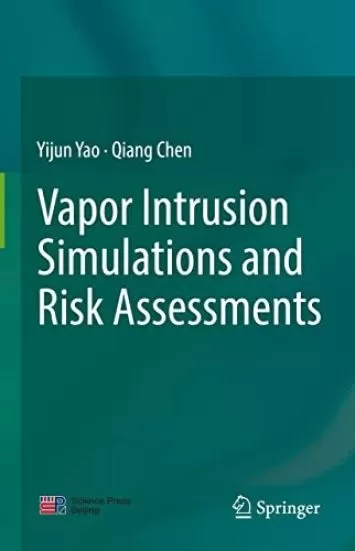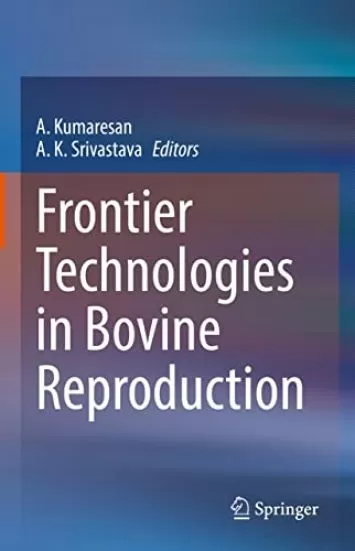
Building on Smart Cities Skills and Competences: Human factors affecting smart cities development (Internet of Things)
Author
Publication
Springer
About the Author
Professor Dr. Panos Fitsilis is a Full Professor at the Business Administration Department of the University of Thessaly, Greece. He has extensive project management experience with the development and deployment of large IT systems and extensive management experience in various senior management positions.
During his career, he has been responsible for the development, deployment, and operation of a number of prestigious IT systems for the European Commission, the European Parliament, multinational companies, etc. He has worked in more than 60 research or commercial IT projects, in various roles (programmer, project manager, quality engineer, business unit manager, consultant, reviewer).
He is the author of four books: Contemporary Business Information Systems, 2nd edition, A practical guide to entrepreneurship case studies, Software Project Management, Object-Oriented Development using UML and the author of more than 100 papers published at scientific journals and international conferences. Recently, he coordinated the development effort, and he is one of the authors of the first internationally available book on Smart Cities Body of Knowledge.
Currently, he is a member of the working group for Smart and Viable Cities at Hellenic Standardization Organization, member of ITU initiative "United for Smart Sustainable Cities" (U4SSC), Greek National Representative in CEN/TC 428/WG 2 for Competence, skills, knowledge, and roles.
His research interests include smart cities, smart factories, business information systems, educational technology, software project management and agile methods, skills development, etc.
--This text refers to the hardcover edition.
From the Back Cover
- Presents insights on needed skills for achieving success in smart cities from a variety of industry perspectives;
- Focuses on the human factors side of smart cities, which is integral to successful applications;
- Includes the type of training that is needed to support modern smart ecosystems.








